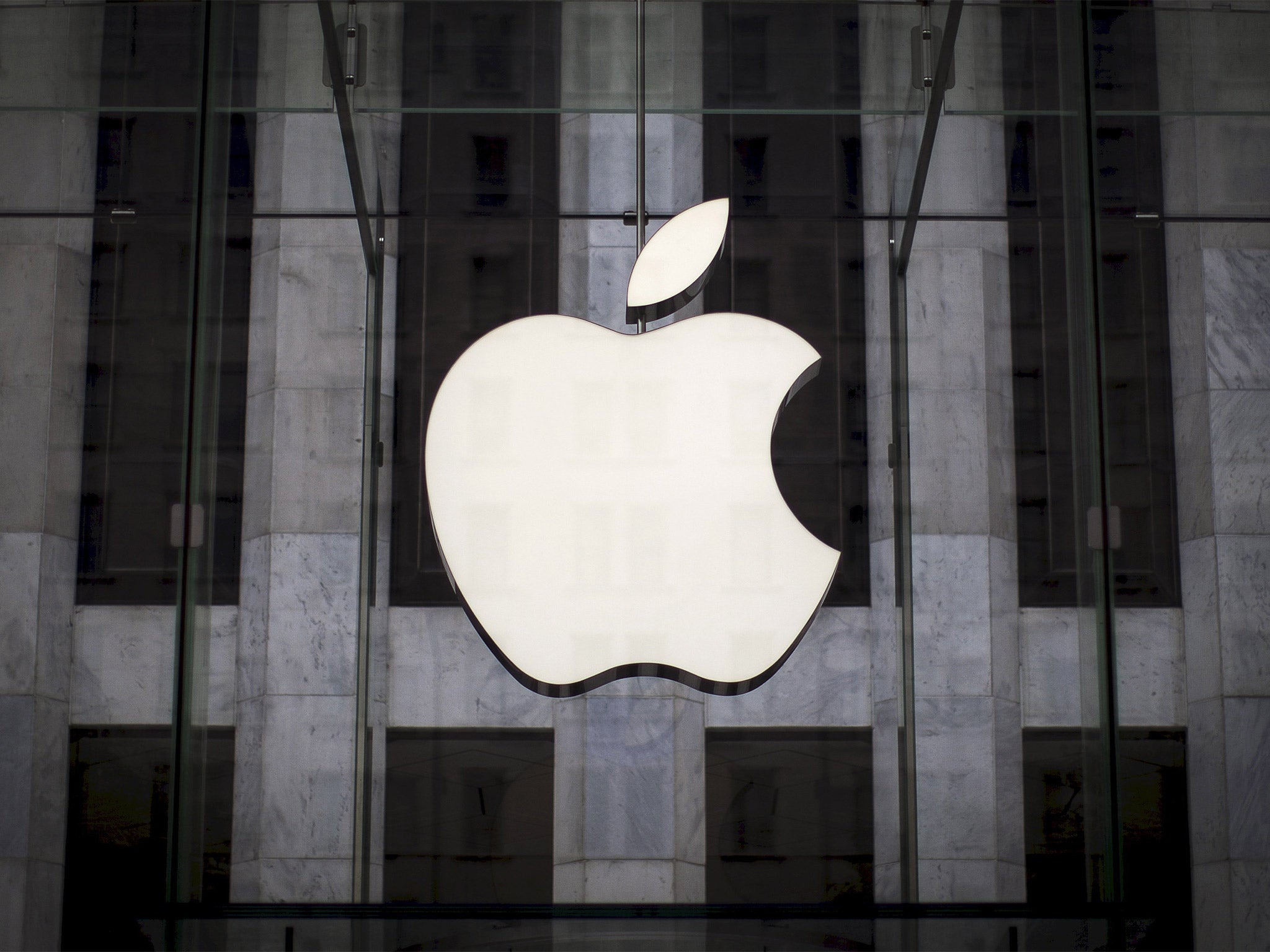Apple pays €318m to settle claims it under-declared profits in Italy
The iPhone maker was accused of diverting sales made at Apple stores in Italy through an Irish subsidiary called Apple Sales International

Apple has agreed a ceasefire with Italian authorities over a tax fraud inquiry which could pave the way for a similar resolution of a high-level European Union investigation into the California company’s multinational tax strategies.
The world’s most valuable company will pay €318m (£234m) to settle allegations that it dodged nearly €1bn in tax between 2008 and 2013, the Italian authorities said.
Apple did not comment on the deal.
The iPhone maker was accused of diverting sales made at Apple stores in Italy through an Irish subsidiary called Apple Sales International, which paid a lower rate of tax. Ireland, where Apple has its European headquarters in Cork, has a corporation tax rate of 12.5 per cent, compared with Italy’s 27.5 per cent.
Apple allegedly under-declared earnings that would have yielded €879m in taxes – about three times the amount it has agreed to pay.
The deal was reportedly agreed when Apple’s chief executive, Tim Cook, lunched with Italy’s Prime Minister, Matteo Renzi, in Milan last month after Mr Cook had given a speech about good corporate citizenship at the city’s Bocconi University.
Apple’s chief financial officer, Luca Maestri, who is Italian, also attended the dinner at the Cracco restaurant.
The friendly summit was in contrast to Italy’s aggressive pursuit of Apple, which saw police raid the headquarters of Apple’s Italian operations in Milan in 2013.
The ceasefire comes amid a larger EU investigation over whether Ireland gave illegal state aid to Apple, by offering it preferential tax terms to ensure that its European operations were based there, and so boost employment.
A preliminary investigation in 2014 into tax rulings made by Ireland between 1991 and 2007 concluded that Dublin had helped to “confer an advantage” on Apple which was “granted in a selective manner”.
The European Commission’s main report, which is due to be published after Ireland’s general election, expected as soon as February, could find the amount of underpaid tax running into the billions of euros.
Apple has warned investors that if a ruling was made against Ireland, Dublin could be required to recover past taxes from Apple covering a period of up to 10 years, and that “such an amount could be material”.
Mr Cook and Apple have denied the accusations. “If there is an adverse ruling, we’re going to appeal, Ireland is going to appeal, and we’re going to support them, because there was no special deal, no special arrangement,” Mr Cook said last month.
The case against Apple, led by the Competition commissioner, Margrethe Vestager, is part of a wider EU crackdown on multinational tax avoidance. In October, Starbucks and Fiat were ordered to pay €30m in unpaid taxes after the EU ruled against selective tax benefits received from the Netherlands and Luxembourg respectively.
Meanwhile a United States Senate subcommittee investigated Apple’s tax affairs in 2013, and accused it of avoiding $74bn in US taxes between 2009 and 2012.
Mr Cook said in a CBS television interview: “There is no truth behind it. Apple pays every tax dollar we owe. We pay more taxes in this country than anyone.”
Apple has about $180bn of profits outside the US, and would be hit with an estimated $60bn tax bill if it tried to repatriate the money to the US.
Mr Cook has attacked the US tax code as “made for the industrial age, not the digital age”, and said he would “love” to repatriate the money but cannot because it would cost too much.
Subscribe to Independent Premium to bookmark this article
Want to bookmark your favourite articles and stories to read or reference later? Start your Independent Premium subscription today.

Join our commenting forum
Join thought-provoking conversations, follow other Independent readers and see their replies